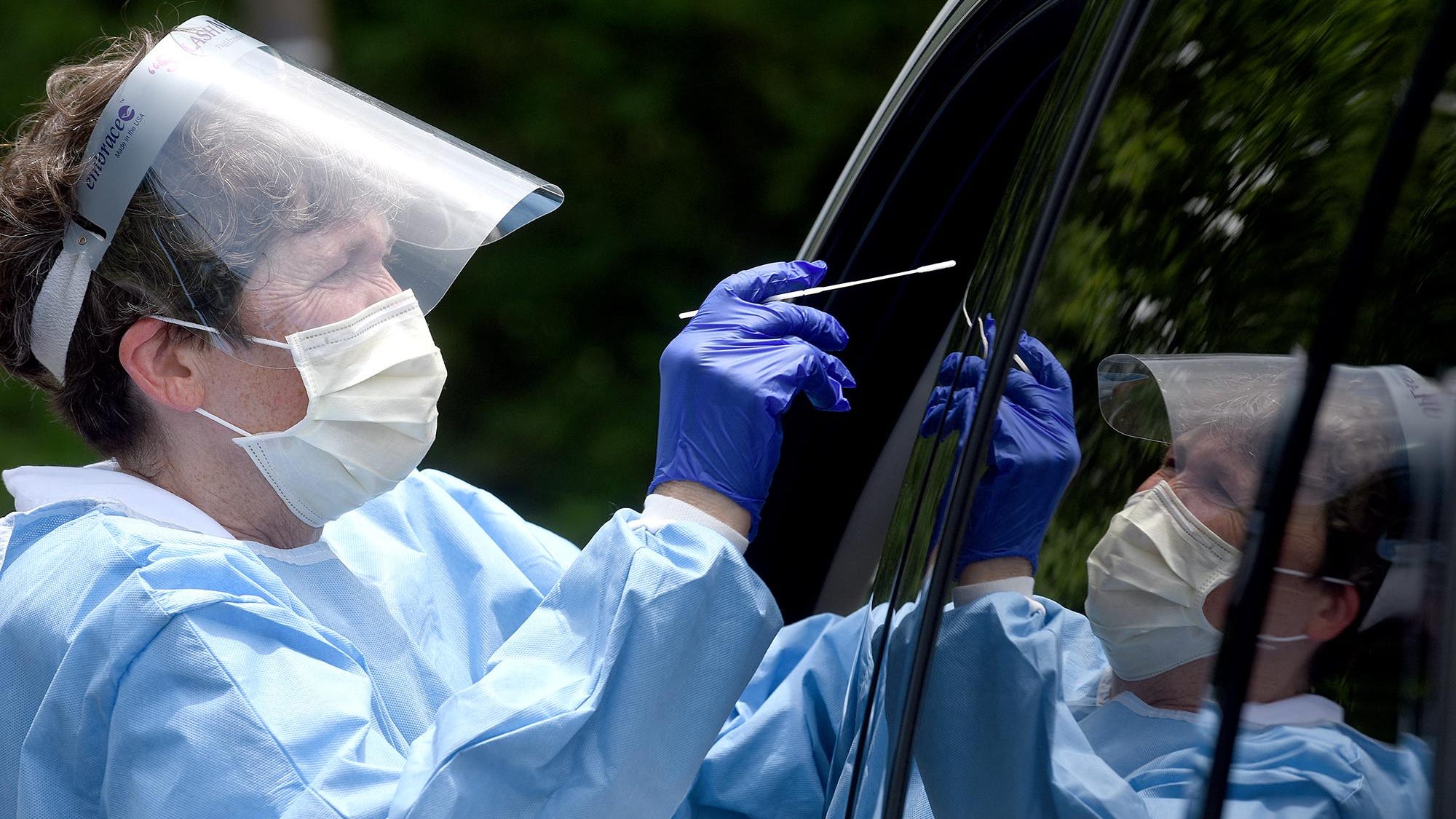‘This change in policy will kill’: Experts troubled by CDC changes to COVID-19 testing guidelines by Adrianna Rodriguez

Infectious disease experts are not only confused but also troubled by the change in testing guidelines made by the U.S. Centers for Disease Control and Prevention, which said people without symptoms may not need a test – even if they’ve been exposed to the coronavirus.
“Our work on the ‘silent’ spread underscored the importance of testing people who have been exposed to COVID-19 regardless of symptoms,” tweeted Alison Galvani, director for the Center for Infectious Disease Modeling and Analysis at Yale School of Medicine. “This change in policy will kill.”
Before changes were made Monday, the CDC website said testing was recommended “for all close contacts of persons with SARS-CoV-2 infection.”
The website now says someone who was in close contact (within 6 feet) of a person with COVID-19 for at least 15 minutes but doesn’t have symptoms does not “necessarily need a test.” The agency said exceptions are made for “vulnerable” individuals, or those who were recommended to take a test by a health care provider or public health official.
The CDC estimates in its COVID-19 Pandemic Planning Scenarios that 40% of infections are asymptomatic and 50% of transmissions occur before symptoms appear. Experts worry that failing to test asymptomatic carriers could not only result in more infections but also hinder contact tracing efforts.
“If being in close personal contact with an infected person … isn’t sufficiently important enough to get tested, I don’t see that there’s any value in contact tracing,” said Peter Pitts, president of the nonprofit Center for Medicine in the Public Interest.
A spokesperson at the U.S. Department of Health and Human Services told CNN the change wouldn’t “undermine contact tracing or any other types of surveillance testing.”
Rapid testing: Inaccurate results from rapid COVID-19 tests raise concerns about widespread screening
Coronavirus vaccine: Should employers force workers to get COVID-19 vaccine? Some experts say they should
Though Pitts said the change in CDC guidelines “is not permission to do away with testing,” he’s worried that some may take it that way. He said the agency should encourage more testing.
Arnold Monto, professor of epidemiology at the University of Michigan School for Public Health, said this might be a way of prioritizing testing based on location, availability of testing and community spread. He said the statement needs clarification.
An HHS spokesperson told The New York Times that “testing capacity has massively expanded” and the country is “not utilizing the full capacity that we have developed,” saying the guidance was revised to reflect “current evidence” and “the best public health interventions.”
Neither HHS nor the CDC responded to USA TODAY’s request for comment.
“This type of statement from the CDC just shows they’re really not in the game (with) aggressively combating COVID-19, and that’s unfortunate,” Pitts said.
Health and patient safety coverage at USA TODAY is made possible in part by a grant from the Masimo Foundation for Ethics, Innovation and Competition in Healthcare. The Masimo Foundation does not provide editorial input.
Source:eu.usatoday.com/